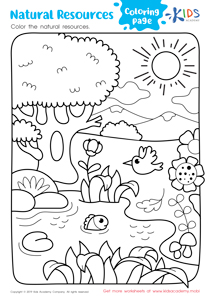Normal Animals Worksheets for Ages 4-7
5 filtered results
-
From - To
Discover our engaging "Normal Animals Worksheets for Ages 4-7" designed to captivate young learners. These worksheets fuse fun and education, introducing children to various animals through vibrant coloring pages. Ideal for early grade students, our activity sheets help develop creativity, fine motor skills, and animal recognition. Each worksheet is meticulously crafted to be age-appropriate, ensuring enjoyable learning experiences for kids as they color their way through an exciting animal kingdom. Perfect for both classroom and at-home use, our eyecatching worksheets make learning about animals an adventure! Download and print these free worksheets today to spark curiosity and joy in your child.
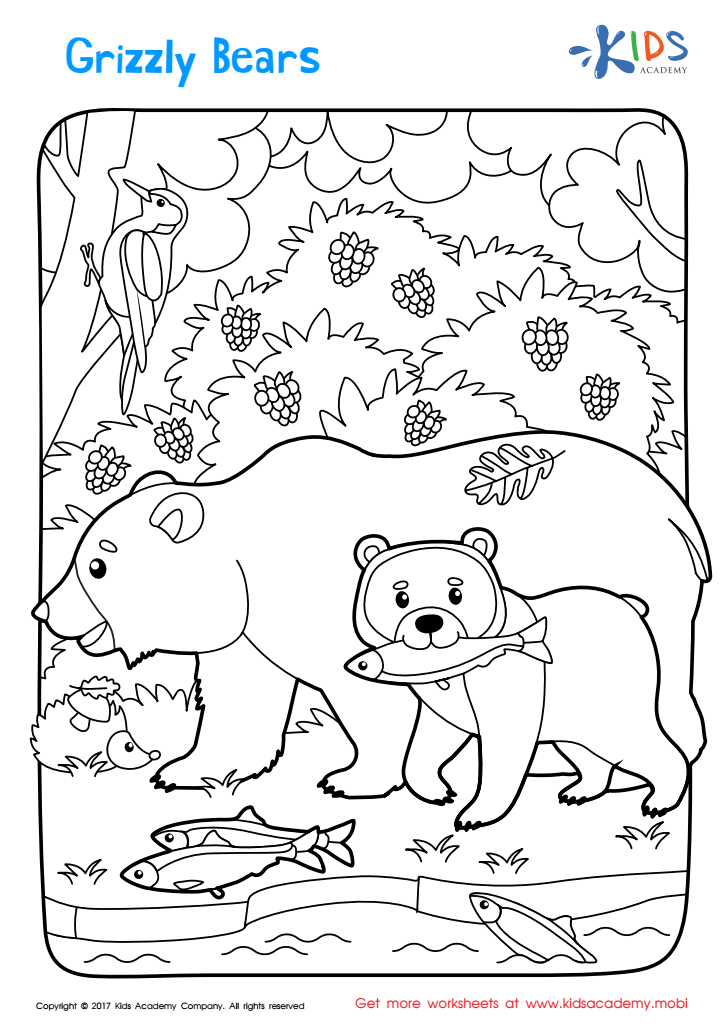

Free Printable Grizzly Bear Coloring Page
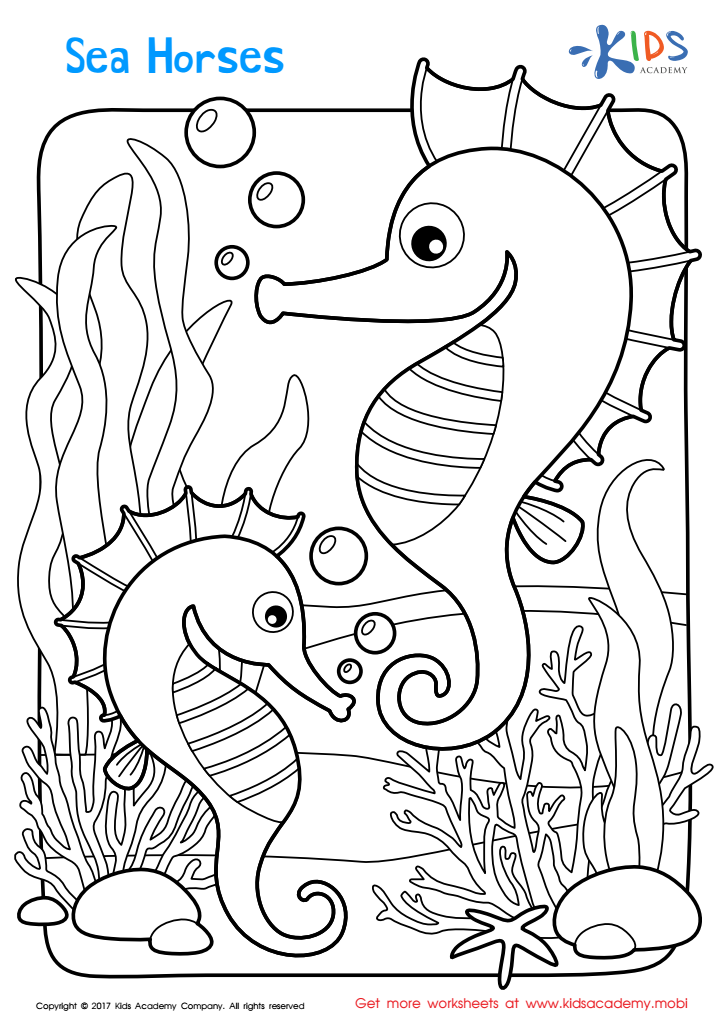

Sea Horses Printable
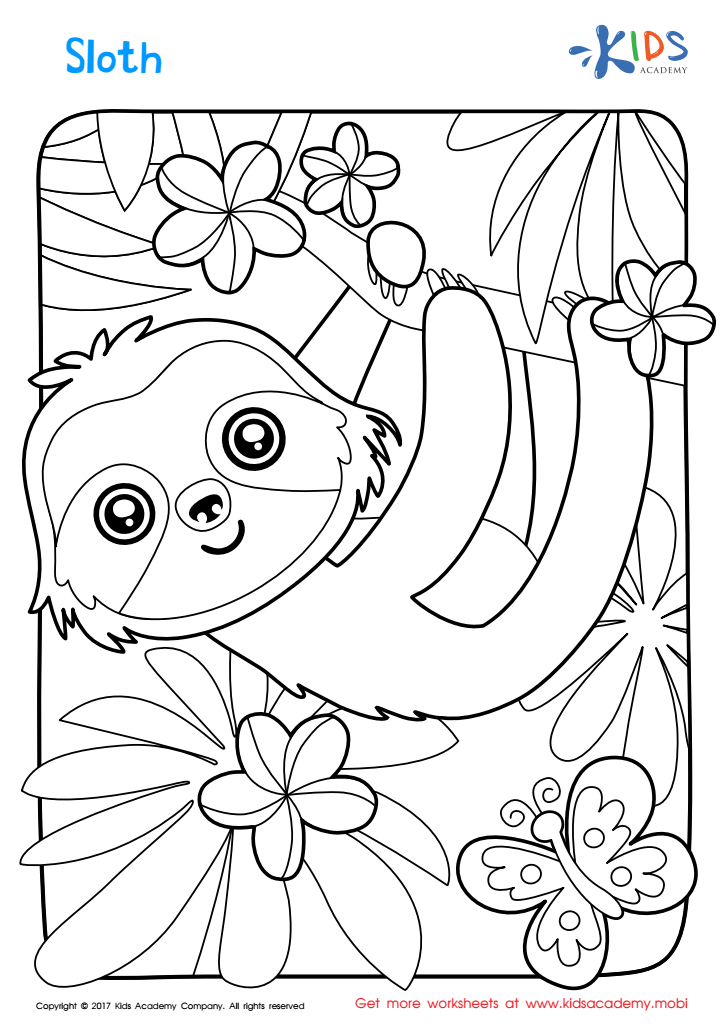

Sloth Worksheet
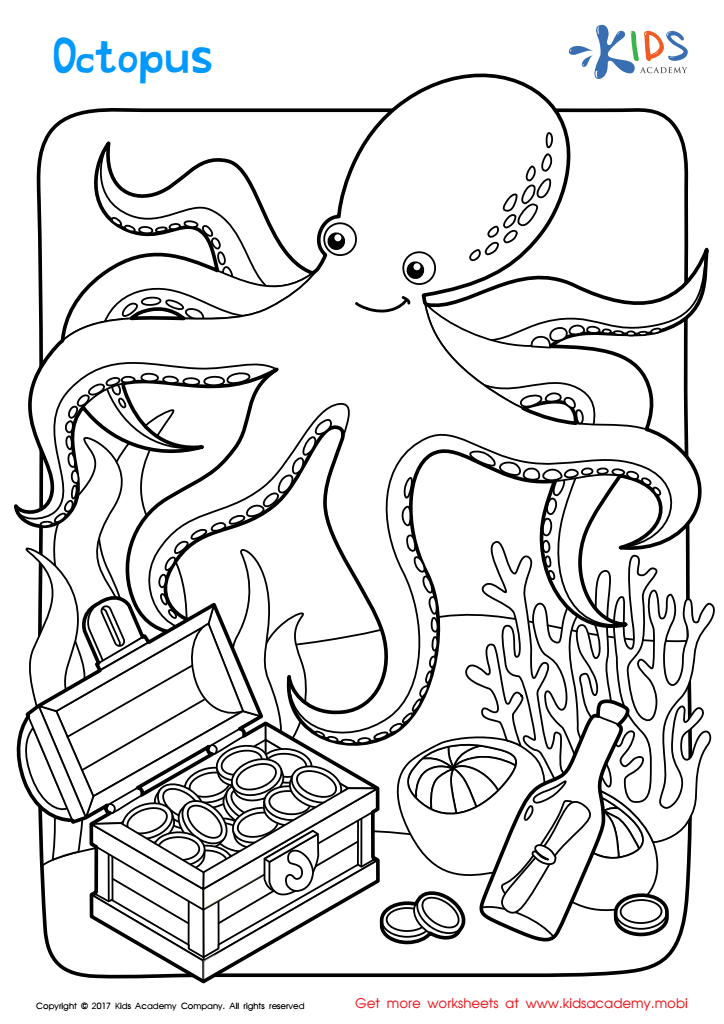

Octopus Printable
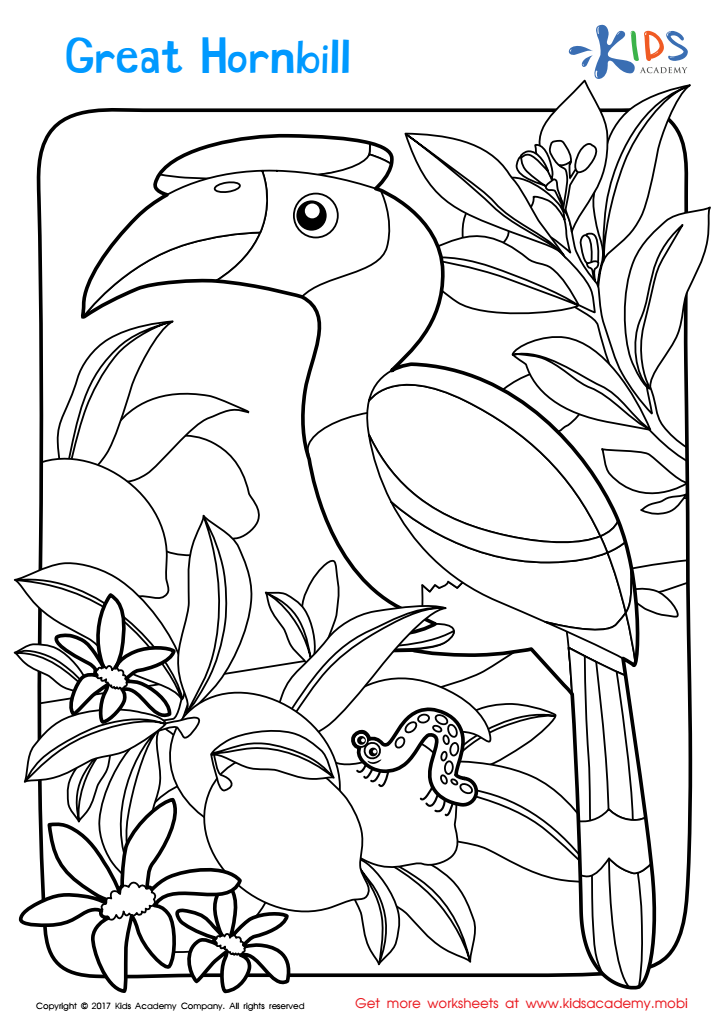

Great Hornbill Worksheet
Parents and teachers should care about teaching young children ages 4-7 about normal animals because these early years are foundational for developing a child's understanding of the world around them. Introducing children to a variety of animals nurtures curiosity, empathy, and a deeper respect for living creatures. Learning about animals provides concrete ways to teach broader scientific concepts like habitats, behaviors, and life cycles, all of which are key components of early childhood education curricula.
Knowledge of animals enriches children's language skills by expanding their vocabulary with terms related to animal names, sounds, and characteristics. Moreover, stories and factual books about animals often encourage reading and listening skills while also fostering creativity and imagination through animal-themed art or play activities.
Understanding normal, or common, animals helps children appreciate the diversity of life and the importance of biodiversity, laying the groundwork for more advanced ecological and biological studies in later grades. Interaction with animals, whether real or through educational media, can also positively impact emotional development by teaching responsibility and compassion through activities such as caring for classroom pets or discussing animal welfare. Ultimately, integrating the study of animals into early education supports a holistic approach to developing a child's intellectual, emotional, and ethical growth.

 Assign to the classroom
Assign to the classroom






